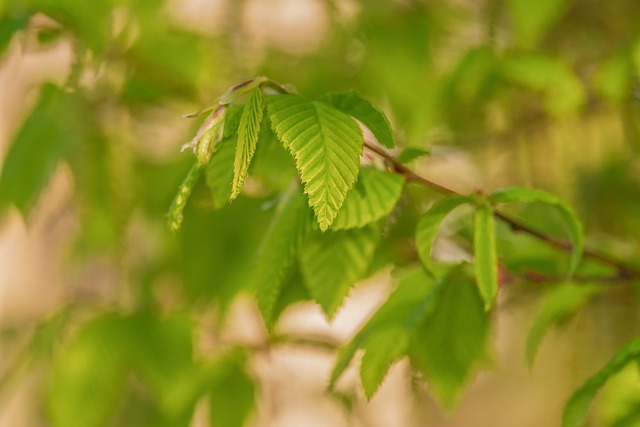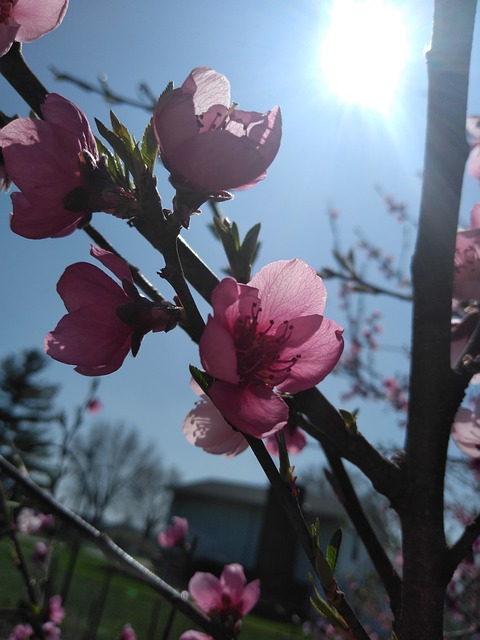maria-farinha bicho 👍 Maria-Farinha Bicho: A Cultural and Culinary Gem of Brazil

Maria-Farinha Bicho: A Cultural and Culinary Gem of Brazil
In the rich tapestry of Brazilian culture, few elements shine as brightly as the culinary traditions that have been passed down through generations. One such gem that deserves recognition is the maria-farinha bicho, a staple ingredient that encapsulates the heart and soul of Brazilian culinary practices. This unique flour, derived from the cassava root, is not just a mere food item; it represents a confluence of history, culture, and sustenance that is intrinsic to the Brazilian identity.maria-farinha bicho

To understand the significance of maria-farinha bicho, one must first appreciate the role of cassava in Brazilian history. This versatile root has been cultivated for centuries and is a critical component of the diets of various indigenous populations. Beyond its nutritional value, cassava has become a symbol of resilience, adaptability, and resourcefulness. The process of transforming cassava into flour is steeped in tradition, involving meticulous techniques that have been honed over generations. This transformation not only preserves the nutritional benefits of cassava but also adds a unique flavor profile that enhances the culinary experience.maria-farinha bicho
Maria-farinha bicho is characterized by its fine texture and slightly sweet flavor, making it an ideal ingredient for a myriad of dishes. From savory to sweet, the applications of this flour are virtually limitless. Traditional Brazilian dishes, such as farofa and beiju, rely heavily on maria-farinha bicho as a foundational element. Farofa, a toasted mixture often served alongside meats, showcases the flour's ability to absorb flavors and add depth to a dish. Meanwhile, beiju, a type of tapioca pancake, highlights the flour's versatility, serving as a gluten-free alternative that caters to modern dietary preferences.
Moreover, the resurgence of interest in local and sustainable food sources has brought maria-farinha bicho to the forefront of culinary conversations. Chefs and home cooks alike are increasingly seeking to incorporate traditional ingredients into their recipes, not only to honor their heritage but also to support local agriculture. The cultivation of cassava is less resource-intensive than many other crops, making it a sustainable choice in the face of climate change and food security challenges. By choosing maria-farinha bicho, consumers are not just indulging in a delicious ingredient; they are also making a conscious decision to support sustainable practices and the preservation of cultural heritage.
However, the value of maria-farinha bicho extends beyond its culinary applications. It serves as a bridge connecting generations, facilitating the transmission of knowledge and traditions from elders to the youth. In many Brazilian households, the act of cooking with maria-farinha bicho is a communal experience, fostering a sense of belonging and continuity. Recipes that include this flour often come with stories—tales of family gatherings, celebrations, and the rich cultural history that defines Brazil. In this way, maria-farinha bicho is not merely an ingredient; it is a medium through which cultural identity and familial bonds are reinforced.
Despite its profound significance, the maria-farinha bicho faces challenges in the contemporary food landscape. Globalization and the influx of processed foods pose threats to traditional ingredients and practices. As consumers gravitate towards convenience and fast-food options, there is a risk of losing touch with the culinary traditions that define Brazilian identity. This trend underscores the necessity of promoting awareness about the importance of local ingredients like maria-farinha bicho. Educational initiatives that highlight its uses, health benefits, and cultural significance can help revitalize interest in this remarkable ingredient, ensuring that it remains a vital part of Brazil's culinary heritage.maria-farinha bicho
Moreover, the culinary industry has a pivotal role to play in championing maria-farinha bicho. Restaurants and chefs can elevate this ingredient by incorporating it into innovative dishes that appeal to both traditional palates and contemporary tastes. By doing so, they not only celebrate Brazilian heritage but also introduce a new generation to the flavors and textures of their cultural roots. Culinary events, workshops, and collaborations can further enhance visibility and appreciation for maria-farinha bicho, fostering a renewed sense of pride in Brazilian cuisine.maria-farinha bicho
In conclusion, maria-farinha bicho is more than just a flour; it is a cultural artifact that encapsulates the essence of Brazilian identity. As consumers become increasingly aware of the importance of sustainable practices and local ingredients, it is crucial to elevate the status of this remarkable product. By embracing maria-farinha bicho in our kitchens, we are not just nourishing our bodies; we are also honoring our heritage and fostering community connections. The journey of maria-farinha bicho is a testament to the resilience of Brazilian culture, and it is our responsibility to ensure that it continues to thrive for generations to come.maria-farinha bicho

Fale conosco. Envie dúvidas, críticas ou sugestões para a nossa equipe através dos contatos abaixo:
Telefone: 0086-10-8805-0795
Email: portuguese@9099.com


